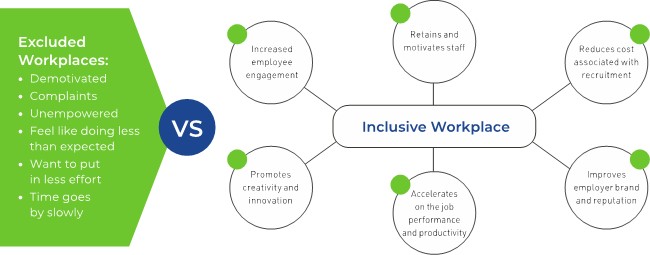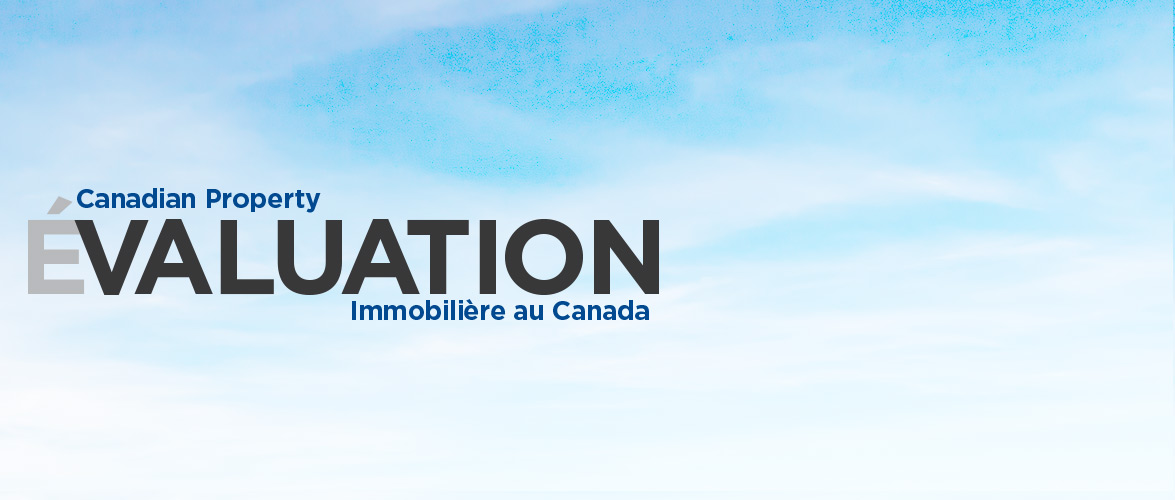Equity, diversity, and inclusion (EDI): Why the hype?
Canadian Property Valuation Magazine
Search the Library Online
By Shafana Mitha, CCIP, MBA, CPA-CMA
Principal, aKollage Consulting Inc.
Organizations are making Equity, Diversity, and Inclusion (EDI) a priority by investing in their most important resource: their workforce. After many organizations have spent decades on this focus, it’s now evident that it’s not a buzzword or fad. It’s a reality that our workforces, stakeholders, and professions are diverse. It’s how we use this diversity to strengthen our practice and the profession that makes the difference.
Many professional associations are investing in this priority to ensure that their respective professions are fueled by the best of current and future talent and to support the diverse needs of Canadians seeking services from their members. EDI connects all aspects of the appraisal profession, including reporting, leadership, policy development, and communications. As a result, it can create a sense of safety and belonging with your colleagues and clients.
Why is EDI an important focus?
As Canadians, we know that diversity is our reality. We know that there is more we want and need to know to better understand the lived experiences of our fellow Canadians and, in the professional setting, your clients. In turn, the more able you are to provide supports that are inclusive of their diverse needs.
EDI work is also an opportunity to better understand how the appraisal profession can continue to strengthen the services that Professional Appraisers (P. App.) offer in the Canadian real estate market.

Appraisers know the importance of data in monitoring the trends in a given real estate market, and EDI is no different. Within each EDI journey, one needs to measure and analyze data. Well-designed indicators can demonstrate whether or not an organization is representative of society, but also whether or not it has the right tools to help its members succeed and excel in a changing professional landscape.
Furthermore, attracting diverse lived experiences to a profession brings new best practices to the table for everyone. This means engaging with individuals from a broad range of professional experiences, including those who have been trained abroad or young people entering the profession right out of post-secondary. Each person can bring a unique perspective to the profession that continues to challenge the status quo and bring innovation, collaboration, and whole new ways of thinking.
As employers or leaders in an organization, understanding how to maintain an inclusive workplace where each individual feels that they belong and that their unique perspectives and lived experiences are valued creates an environment where employees are empowered to be their best selves. This can result in far less turnover and more productivity in your team, as your employees become highly engaged and vested in their work.
At the end of the day, focusing on EDI helps your bottom line. EDI efforts can result in cost savings in human resource costs, as well as add productivity and innovation to your workplace that can increase profitability. EDI is not just great sense, but great dollars and cents.
Where can we go from here?
As a membership body, the AIC is enhancing its leadership in EDI by creating more education and development opportunities, benchmarking progress, removing unintended barriers in its policies and processes, and continuing to enhance its practices in attracting diverse Members and volunteers.
Join us on this exciting journey. Bring your diverse voices to the table – whether it’s participating in networking events, by volunteering your time and knowledge, being a mentor, or promoting the profession in diverse spaces.
Bring EDI to your own workplace. Invest in learning more about EDI, look to incorporate more inclusive language into your reporting and communications, assess your organizational policies and processes using an EDI lens, discuss with your clients what their diverse needs are, and create partnerships to make your workplace safer and more inclusive for all.
Last but not least, share your knowledge, experiences, and expertise so that the AIC can continue to incorporate your lived experience in its work and strive for excellence in the appraisal profession for all.





